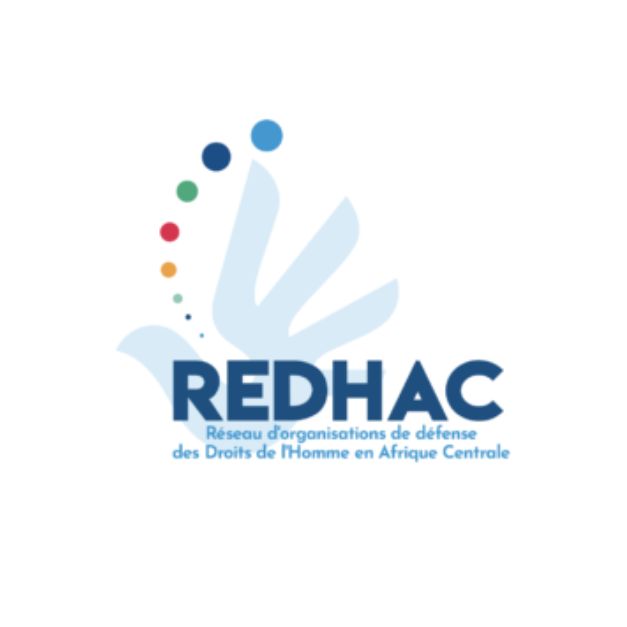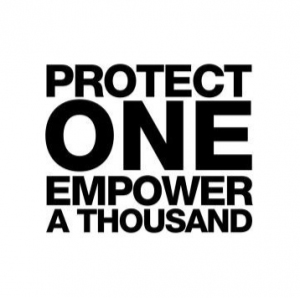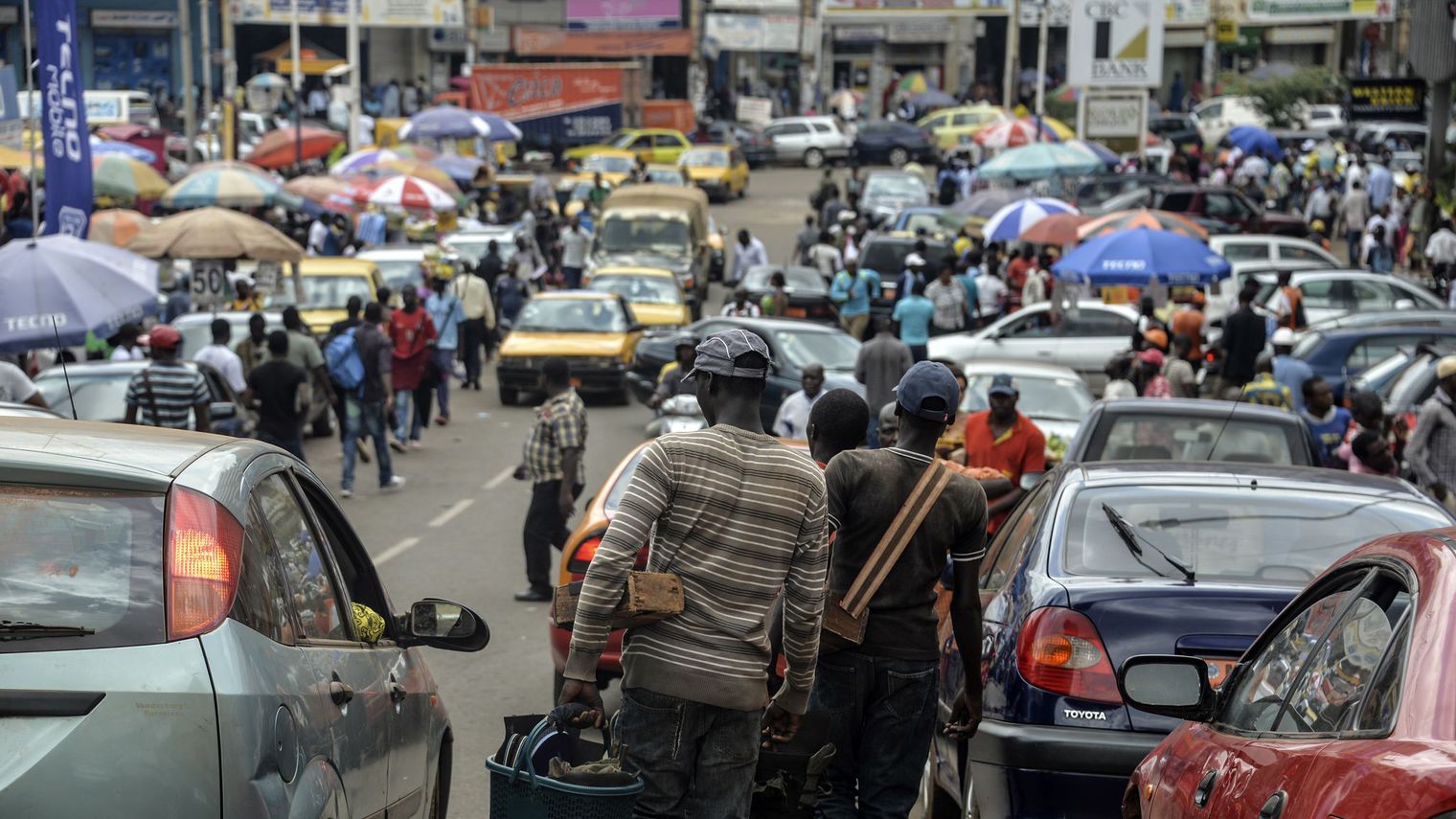
REDHAC
REDHAC, the Central African Network of Human Rights Defenders (Réseau des Défenseurs des Droits de l'Homme de l'Afrique Centrale) is a coalition of human rights defenders active in eight countries in Central Africa, based in Douala, Cameroon.
REDHAC supports the work of human rights defenders with the aim to mitigate their vulnerabilities and risks, and raise awareness of the human rights situation in the region. Its vision is to promote, train and support human rights defenders, foster solidarity among them, and defend their rights when they are at risk. REDHAC investigates human rights abuses, publishes related reports, advocates with governments and other stakeholders to respect regional and international commitments on human rights and defenders as well as African and UN human rights mechanisms. REDHAC supports human rights defenders in the field and provides them and their families with protection and support. REDHAC represents over 400 members, including human rights defenders, lawyers, and journalists.
REDHAC’s work is founded on the Universal Declaration of Human Rights, the African Charter on Human and Peoples' Rights, the United Nations Declaration on Human Rights Defenders. It operates in the Republic of Chad, Republic of Equatorial Guinea, Republic of Congo, Democratic Republic of Congo, Republic of Cameroon, Republic of Gabon, Central African Republic, and the Republic of Sao Tome & Principe.


